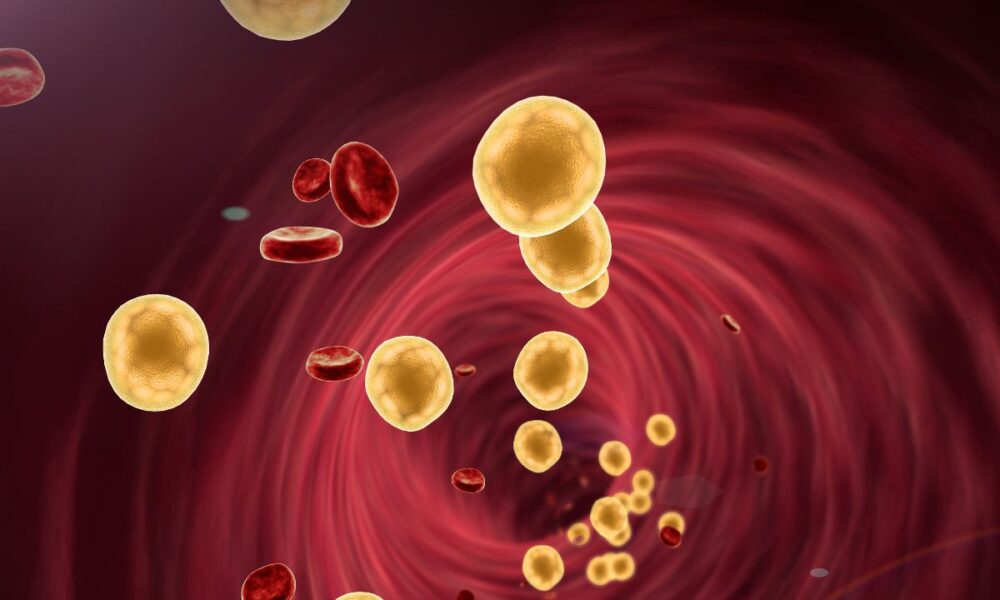A small but promising study using a type of gene-editing technology known as CRISPR successfully cut high cholesterol levels in half.
Swiss biotech company CRISPR Therapeutics administered a one-time infusion designed to switch off a gene in the liver, called ANGPTL3, to 15 participants. A mutation of this gene is known to exist in rare instances in some individuals, protecting them against heart disease with no known adverse consequences.
The highest delivered dose in the trial resulted in a 50% reduction in both so-called “bad” LDL cholesterol and triglycerides, on average, in just two weeks. These effects persisted for at least 60 days, the total length of the trial.
The findings of the trial were recently presented at the American Heart Association’s annual meeting and also published in The New England Journal of Medicine.
Typically, CRISPR technology has been leveraged to help address rare diseases. In this latest study, however, the results suggest that the gene-editing tool may also have applications in treating more common conditions.
“This will probably be one of the biggest moments in the arc of Crispr’s development in medicine,” Samarth Kulkarni, CEO of Crispr Therapeutics, said to WIRED.
Currently, CRISPR Therapeutics is behind the only approved gene-editing treatment available on the market. Known as Casgevy, it treats sickle cell disease and beta thalassemia.
According to the American Heart Association, roughly one in four American adults possesses elevated LDL levels, with a similar number also having high triglycerides. LDL cholesterol is a waxy substance that can accumulate in the bloodstream and, over time, lead to clogged and hardened arteries. Triglycerides, on the other hand, are a type of fat found in the body. Higher levels of both are linked to increased risk of heart attack and stroke.
One participant, a 51-year-old man, died six months after receiving the lowest dose of the treatment. However, the man’s death was reportedly related to his existing heart disease, and not the gene-editing treatment. Three people developed minor reactions, like back pain and nausea. One person with elevated liver enzymes before the study began had a temporary spike in the enzymes that lasted a few days before returning to normal without treatment.


